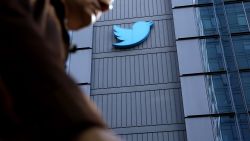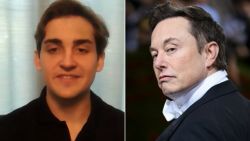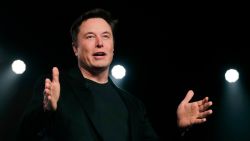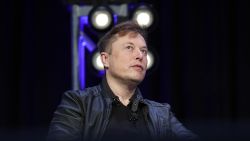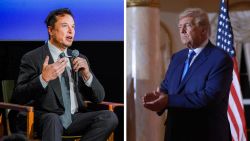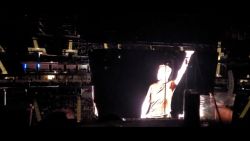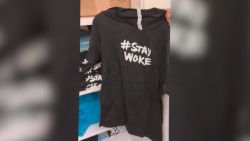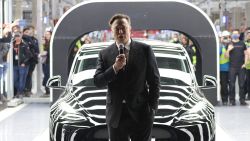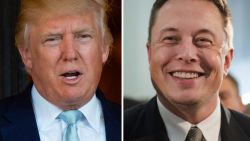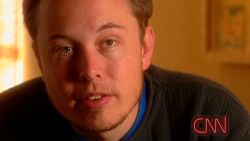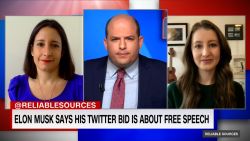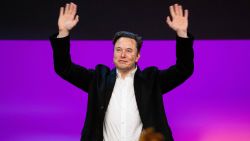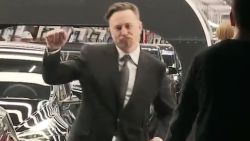Elon Musk is famous for making bold claims and big bets. He’s built a name for himself by pulling off what seemed impossible, such as reusable rockets and making electric cars desirable.
But he’s also notorious for missing his own deadlines. Even the Tesla CEO himself recently said it’s a fair criticism.
“Sometimes I’m not on time,” Musk saidat the company’s event last week to share its progress on autonomous vehicles. “But I get it done, and the Tesla team gets it done.”
Here’s a look at some of Musk’s recent goalsand how they’re shaking out:
Self-driving Tesla cars
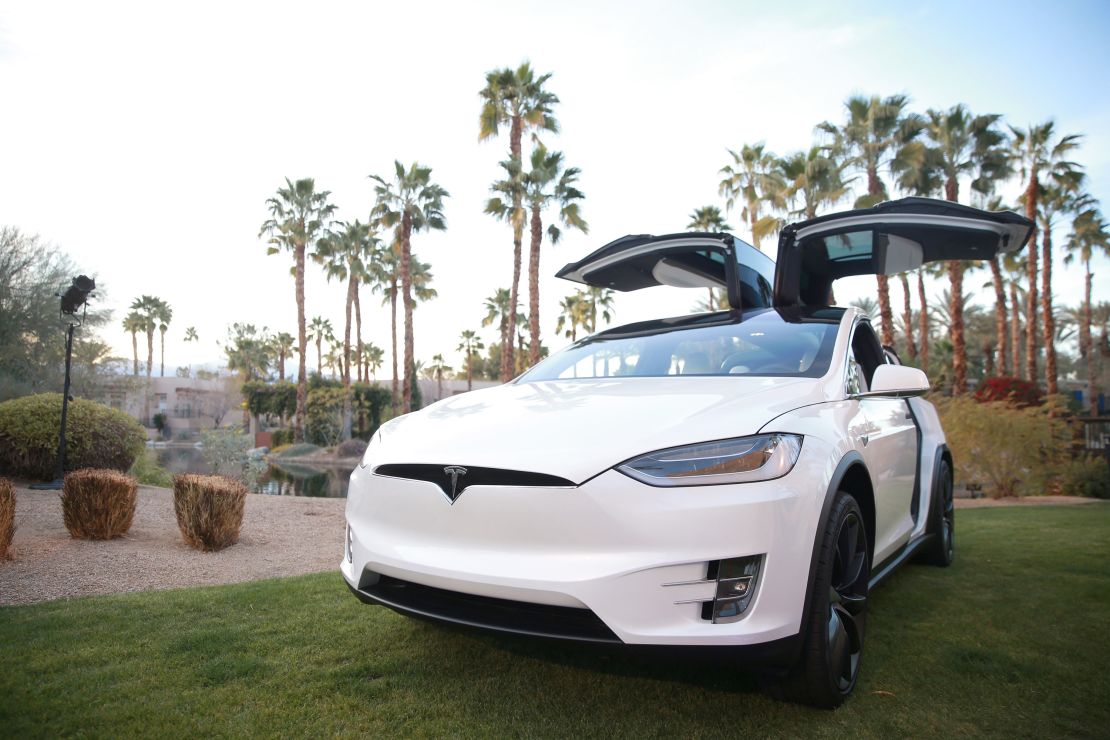
Goal: A million full self-driving Teslas will be on roads by 2020.
What he said: “I feel very confident predicting autonomous robo-taxis for Tesla next year,” Musk said at Tesla’s autonomy day for investors last month.
Status: It’s hard to believeTesla will pull off the timeline.No self-driving Teslas are on the road today due in part to the fact that the software isn’t ready. The companyrisks a public backlash from consumers with dangerous consequences if it releases the technology too early without major testing.
The company is taking a radically different approach to self-driving technology than its competitors, such as Waymo, Ford and General Motors. It isn’t using LIDAR, a sensor nearly all of its competitors view as critical to helping a car understand its surroundings, and it isn’t building high-definition maps to help the cars understand their environment. This unique approach could lead to Tesla winning big, or losing big.
This wouldn’t bethe first time Musk has missed deadlines around its self-driving car technology. In October 2016, he said a Tesla would be able to drive from Los Angeles to New York by the end of 2017 “without the need for a single touch” of the wheel. But Tesla has yet to pull this off.
Still, Musk insists self-driving cars will soon play a big role in our future. He believes humans driving cars will be one day be frowned upon and shared self-driving rides will be cheaper than a bus ticket.
Tesla pickup trucks
Goal: Tesla will unveil a pickup truck by April 2019.
What he said: “[We’ll see a] pickup truck unveil in 18 to 24 months,” he said in an April 2017 tweet.
Status: In July 2016, Musk explained in a Tesla blog post the company’s vision for a pickup truck: “With the Model 3, a future compact SUV and a new kind of pickup truck, we plan to address most of the consumer market.” We’ve now passed the end of Musk’s proposed timeline with no pickup in sight.That’s understandable given that Tesla is focused on the Model 3, which the CEO has described as critical to Tesla’s survival. Tesla’s sales slumped 31% in the first quarter of 2019, the single largest decline it has ever reported, due in part to a federal tax credit for electric vehicles being cut in half, which made Teslas less appealing to buyers.
Electric transportation everywhere
Goal: All transportation, except for rockets, will be powered by electricity.
What he said: “Aircraft and ships and all other forms of self-transport will go fully electric. Not half electric, but fully electric,” he said in an interview with the radio program Marketplace in October 2015.
Status: Experts believe his prediction will prove correct, but years of research and development are still needed to make it a reality. Startups and big companies such as Boeing and Airbus are developing electric aircraft, but the aircrafts’ abilities are significantly limited and can’t compete yet with today’s most popular airplanes in terms of flight time and power.
Electric transportation has made more progress in cars, buses, trucks and bicycles. But infrastructure, such as charging stations, must be built out before electric transportation is the norm. Today, there are still far more gas stations than places to charge an electric vehicle. Many consumers are unlikely to switch to electric transportation until needed infrastructure exists.
Hyperloop and Loop
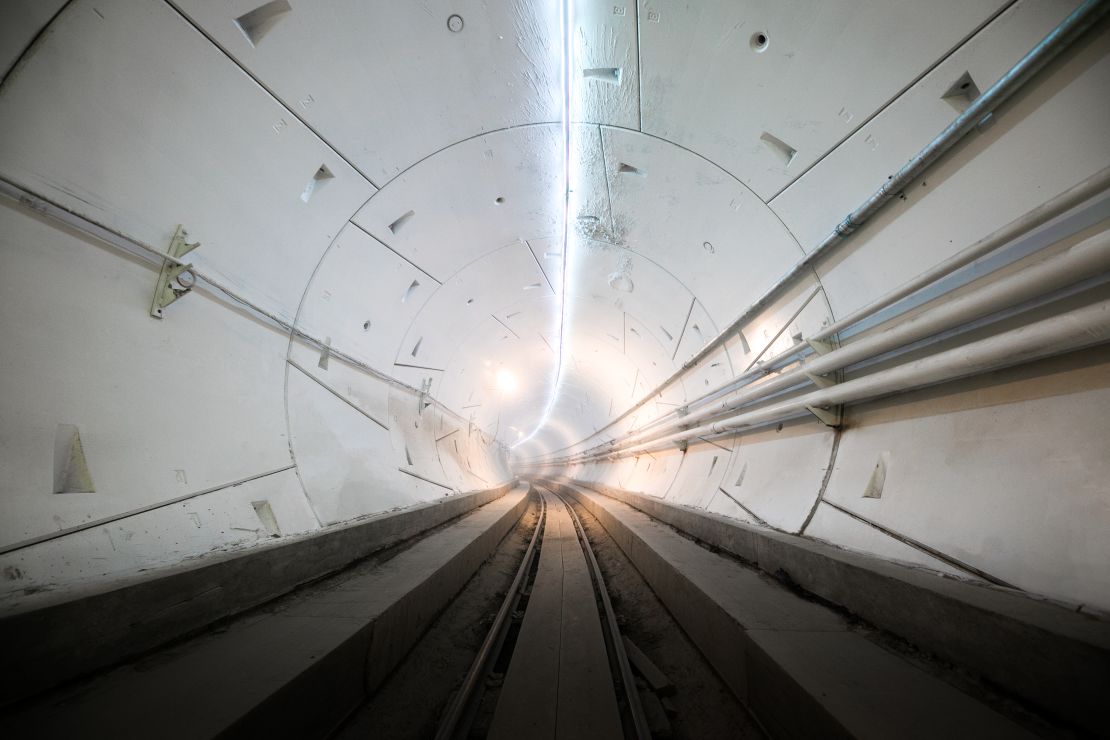
Goal: Tunnels can solve urban congestion.
What he said: “You can alleviate any arbitrary level of urban congestion with a 3D tunnel network,” he said on stage at aTED conference inApril 2017.
Status: The Boring Company, Musk’s tunneling venture, aims to reduce the costs of tunnel construction. But it has yet to open a public project. Itstunnels could be used for Loop, its underground highway-in-a-tunnel for cars, and Hyperloop, an underground vacuum tube in which electric pods move people at speeds over 600 mph. The Boring Company is currently developing Loop projects in Los Angeles, Las Vegas, Chicago and between Washington, DC, and Baltimore, Maryland.
Building Hyperloops is difficult because the tunnels must be straight, so passengers don’t get sick from experiencing gravitational forces in curves. It’s also a challenge to build an extremely long vacuum tube between two cities without any air leaking in.
Experts have cautioned that traffic congestion on surface streets near Loop stations may be unavoidable and lead to congestion in the tunnel exits. This may happen because as more people choose to travel in cars – attracted by the new tunnel routes – there won’t be space on surface streets for all of the vehicles.
Solar shingles
Goal: 2019 will be the year of the Tesla solar roof.
What he said: “This is definitely going to be the year of the solar roof and PowerWall,” he said at Tesla’s Model Y unveiling earlier this year.
Status: Musk teased plans for “stunning” solar roofs in 2016 that would connect with in-home batteries for energy storage. The solar cells were considered innovative because they were uniquely built into roof shingles for a sleek look rather than placing them on top.But Tesla has only installed a limited number of the roofs with the tech as it remains focused on ramping up Model 3 production.Tesla began taking orders for the roof in 2017 and said it is installing them “at a slow pace.” It hasn’t released sales figures.
Trips to the moon
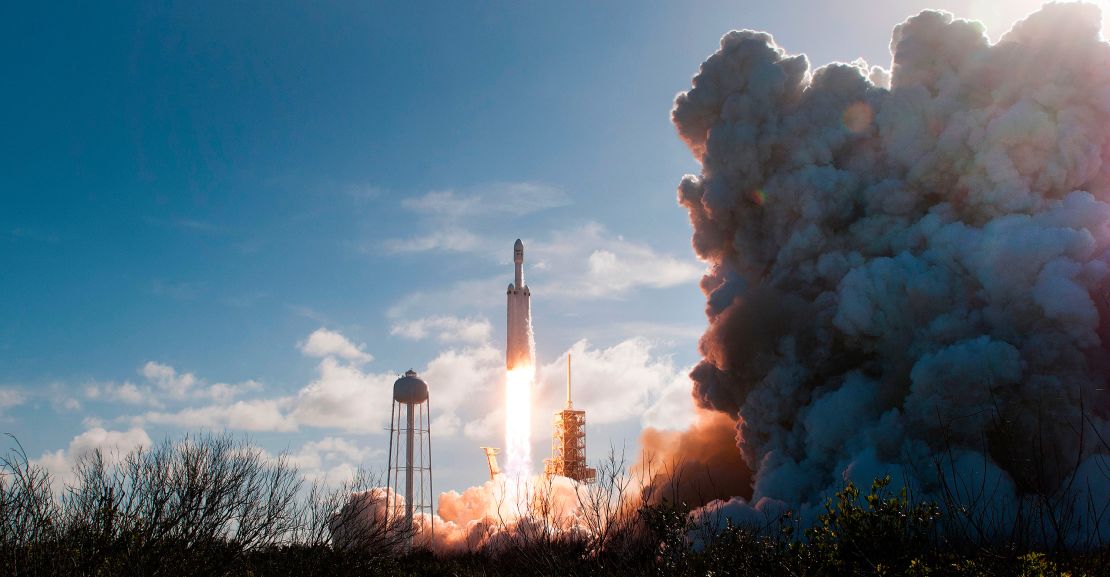
Goal: Space tourism around the moon willoccurby 2018.
What he said: “Next year is going to be a big year for carrying people to the space station and hopefully beyond,” he said in a conference call with reporters in February 2017.
Promise kept?: SpaceX, Musk’s rocket and space exploration company, failed to deliver on its promise to take tourists on its Falcon Heavy rocket in 2018. In February 2018, Musk said SpaceX no longer hadplans to certify that rocket for human spaceflight and it would use its Big Falcon Rocket for tourism instead. That move slowed the timeline. The trip is now scheduled to come as soon as 2023.
In September 2018, SpaceX announced that Japanese billionaire Yusaku Maezawa would be its first space tourist. He made a downpayment of an undisclosed sum to lock in the opportunity.He said in a speech at SpaceX that he plans to take six to eight artists with him to create different forms of art inspired by space when they return home. He intends to reach out to painters, photographers, musicians, film directors, fashion designers and architects.
Mars colonies
Goal: Mars will be colonized as soon as 2025.
What he said: We’ll see humans on Mars in “seven to 10 years,” Musk said in a Twitter conversation in November 2018.
Status: Musk wants humanity to become a multi-planetary species because he believes we’ll be better protected from extinction.But it’s still too soon to say whether he can meet this ambitious goal. SpaceX said it plans to send a cargo mission to Mars in 2022 to lay the groundwork for a human colony, such as identifying water and putting power in place. The company aims to later send humans to work on developing the planet.
Musk’s goal is for this base to grow into a thriving city and ultimately a self-sustaining civilization on Mars. But whether humans will be up for such a colonization is another story. Musk himself said there’s only a 70% chance he’ll go to Mars.
Brain computer interfaces
Goal: Humans will have brain-computer interfaces as soon as 2025
What he said: “I think we are about eight to 10 years away from this being usable by people with no disability,” he said in an interview with the website waitbutwhy.com in April 2017.
Status: Musk has taken steps to meet this deadline, but it’s too early to say yet if he will succeed. Neuralink, a company Musk created in 2017, is making a brain-computer interface to physically plug into a person’s head.Musk, who is concerned about advanced artificial intelligence outsmarting and dominating humans, views merging with machines as a way for us to stay relevant.Neuralink’s plans have largely been kept quiet but it continues to hire staff.Musk said earlier this week the company would announce an update soon.
Jackie Wattles contributed to this report.




